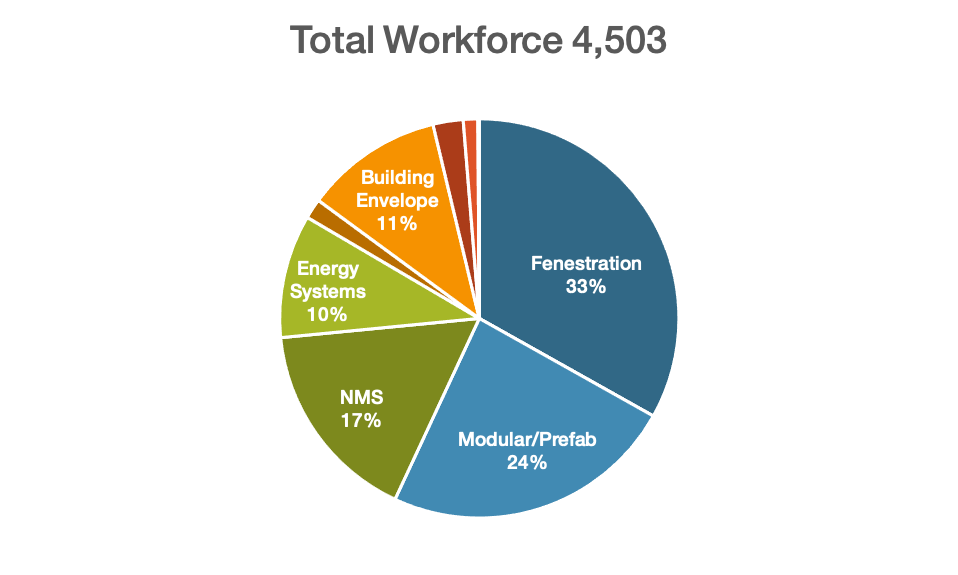BC’s Construction Cleantech Ecosystem

Owners Perceived Barriers to Integrated Project Delivery
January 24, 2022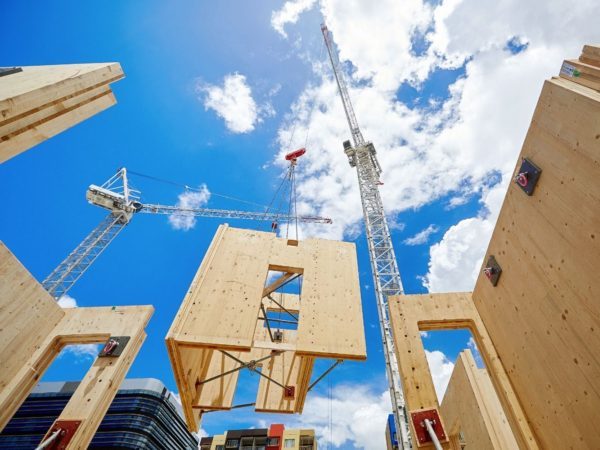
Mass Timber Market Insights and Technology Ecosystem in British Columbia
November 5, 2021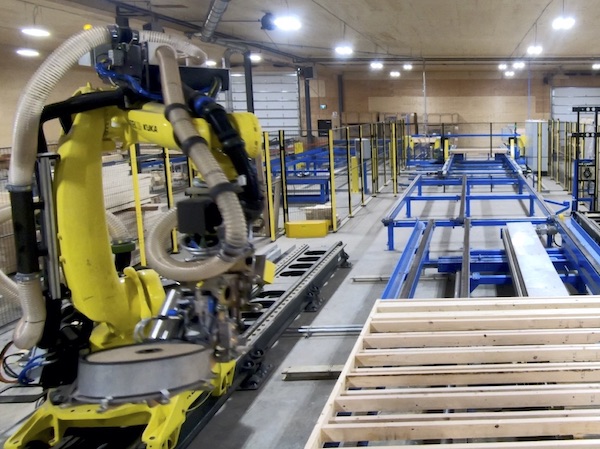
BC is home to a vibrant community of companies that serve the emerging construction cleantech sector. There are at least 115 companies in BC’s construction cleantech industry with an estimated 4,500 employees. The total revenues of BC’s cleantech companies were $1.26 billion (CAD) annually as of July 2021.
Understanding and supporting the construction cleantech sector is vital given the climate emergency and the roll out of policies like the BC Energy Step Code and Vancouver's Zero Emissions Building Plan.
These stringent zero-emission and net-zero building targets are driving demand for high-performance, low-carbon building products and technologies for new construction. Additionally, further efforts are being made to retrofit existing buildings to meet the energy efficiency goals and climate change drivers. To develop local supply chain resilience, BC needs to strengthen its capacity to produce sustainable, green building products and technologies.
Feature image is courtesy of Paradigm Panels, a technologically advanced prefabrication company based in Revelstoke, BC.
Cleantech refers to technologies related to clean energy products, transmission, storage or use; water treatment and management; and/or efficiency in energy or resource management and use. Construction cleantech specifically focuses on products, materials, and technologies that help meet building-related climate policy goals. Particularly, it draws focus to companies and technologies that improve building operating performance and energy efficiency; reduce GHG emissions from operations and embodied carbon; rely on renewable energy sources; and most importantly, enable building electrification.
This report maps the BC-based low/no carbon clean/green-tech construction ecosystem to inform industry and stakeholders on the current state of BC’s cleantech construction sector. Along with an inventory of the 115 companies identified, the report also presents an overview of the size and value of active companies, and their areas of technical focus.
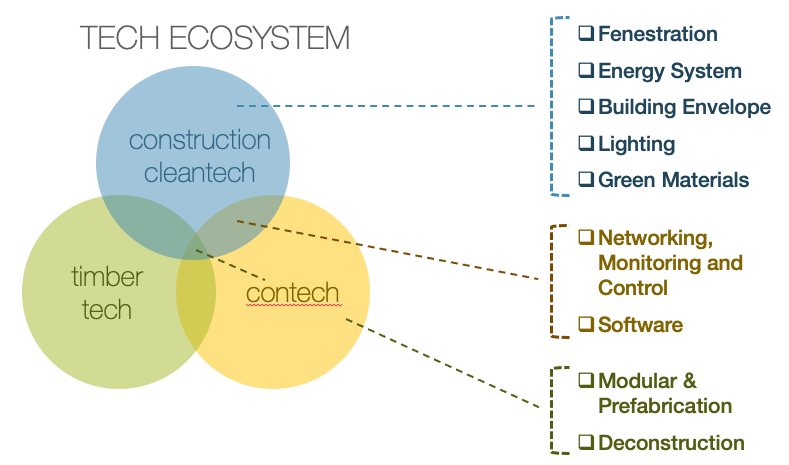
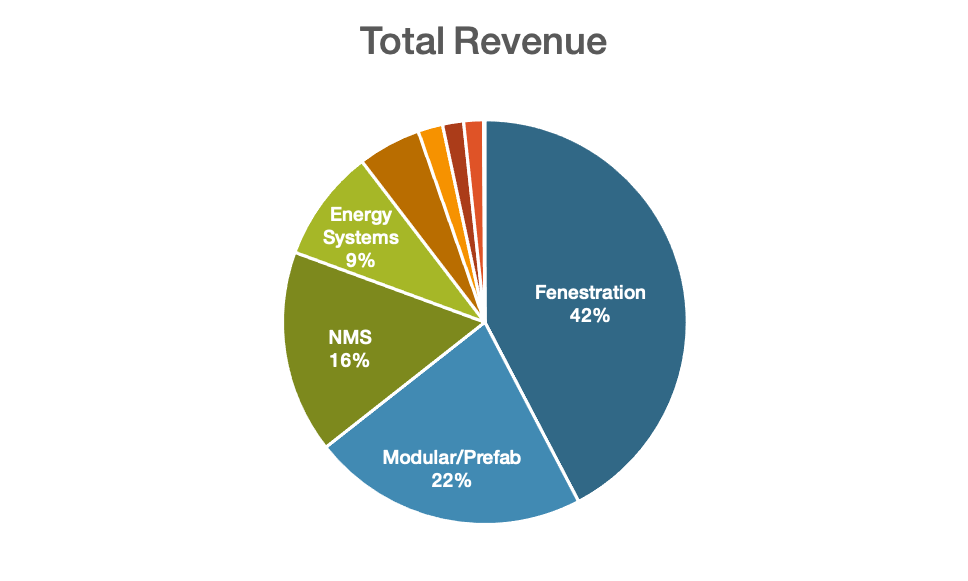
This report was developed by Scius in partnership with the Construction Foundation of BC and the Vancouver Economic Commission. The author is Peter Sun, a graduate student in the UBC Sustainability Scholars Program, a partnership between the University of British Columbia and various local governments and organisations in support of providing graduate students with opportunities to do applied research on projects that advance sustainability across the region. We are very grateful to Peter for this excellent and important study.
Download your free copy today.
